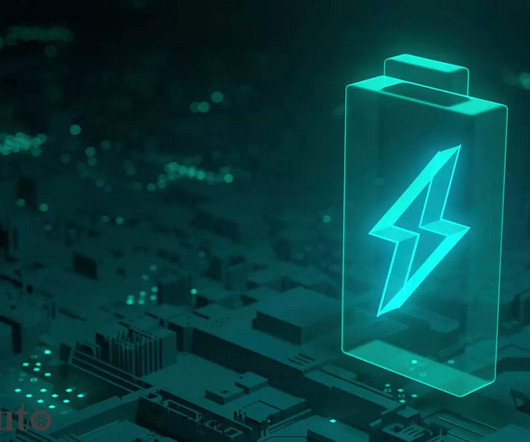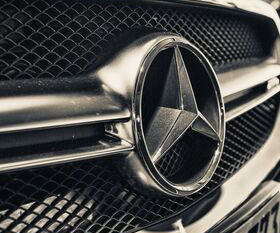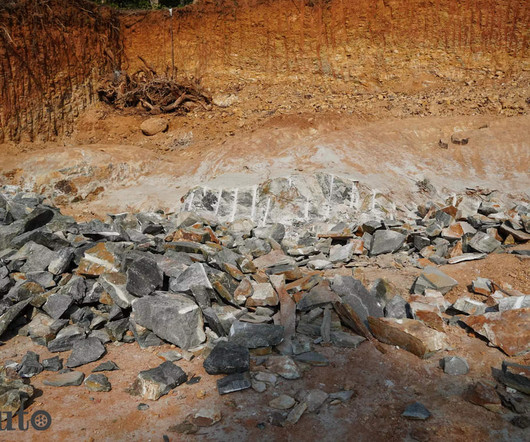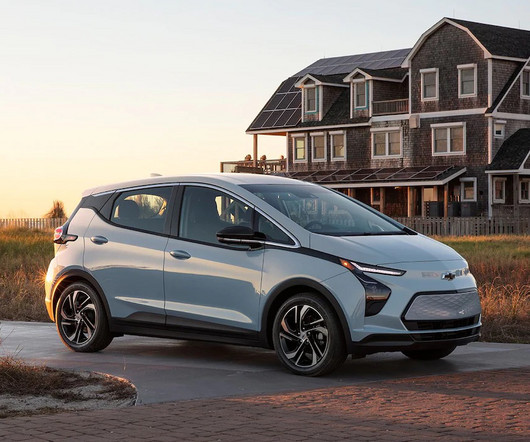Automakers win extension on use of Chinese graphite in EV tax credits – ET Auto
Baua Electric
MAY 3, 2024
Manufacturers may temporarily exclude certain impracticable-to-trace battery materials from FEOC compliance until 2027 as long as they demonstrate how they plan to comply by then, Treasury said. 1 restricting Chinese content in batteries eligible for EV tax credits of up to USD 7,500, which sharply cut the number of eligible vehicles.












Let's personalize your content